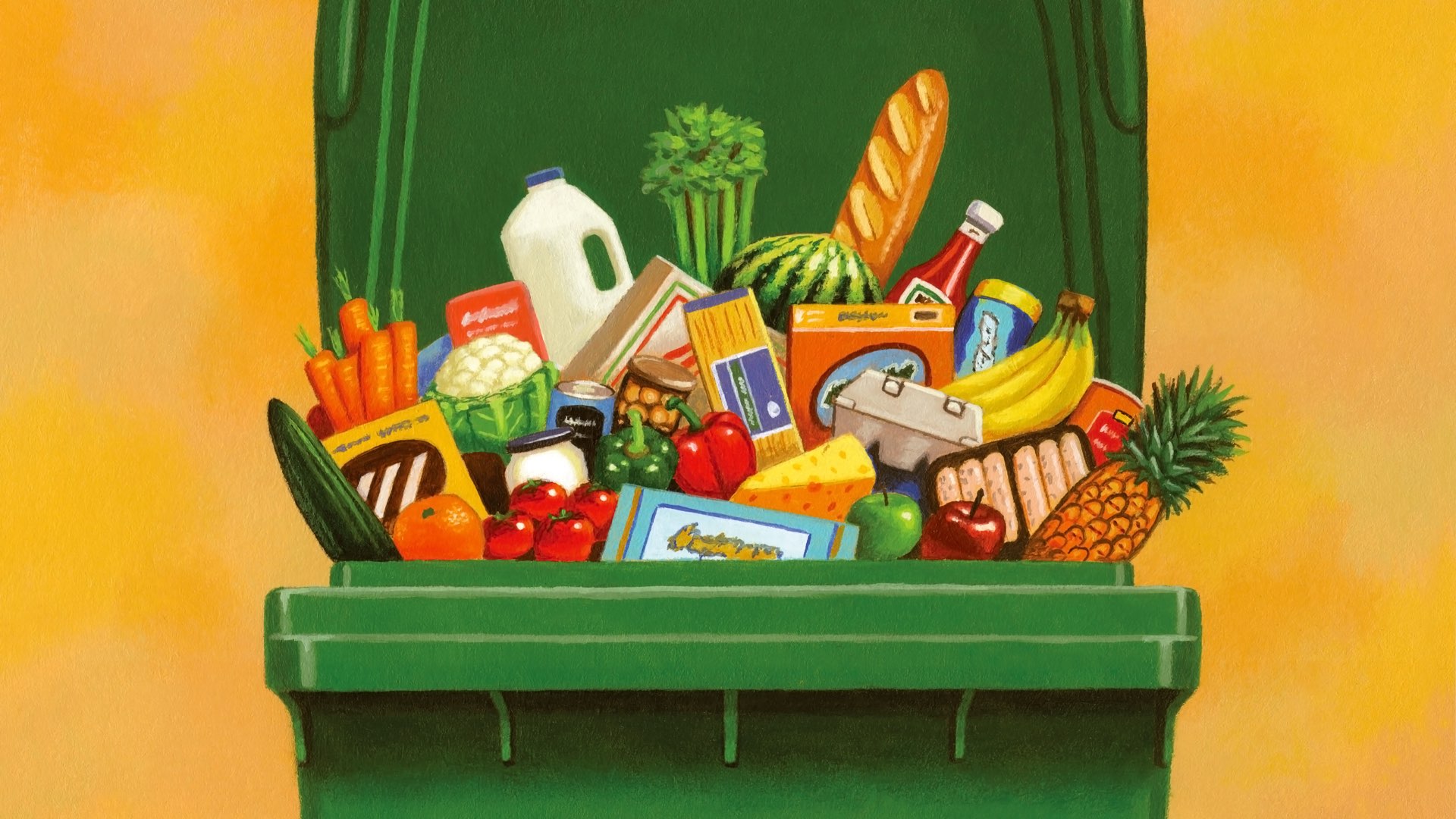As the last of the dinner crowd exits Dougherty Dining Hall at night, another group of students enters. This crew is on a mission: to pick the salad bar clean in about 15 minutes. These are the members of Villanova University’s chapter of the Food Recovery Network, a nationwide movement among college students to save still-good perishable food from being thrown away. The students package and store it for pickup by area soup kitchens, ensuring it ends up in the right hands — and mouths.
“The students don’t see the food being delivered,” says Elaina Snyder ’18 CLAS, one the chapter’s student leaders. “But they are excited that it is going to someone else and that they have a hand in the process.”
In the first six months of this year, Villanova’s FRN chapter reclaimed more than 1,440 pounds of cold food. Dining Services, which makes its food fresh every day, supervises every step of the process to ensure that food safety regulations are met. It also keeps track of what the chapter collects to adjust its purchasing. “We may recover less food, but that is a good thing,” Elaina says.
Villanova is one of 230 US campuses that carry out the mission of the Food Recovery Network. These numbers from the latter's annual report for fiscal 2017 tell the sobering story of food waste, and highlight the good that can be done through food recovery:
48.1 million Americans experienced food insecurity
40% of food produced in the US went to waste
683,234 pounds of food were recovered
569,362 meals were made from recovered food
Did You Know?
Villanova became the first university to receive the Plant Pure Communities Restaurant Certificate, recognizing Dining Services for offering and labeling vegan and oil-free options.
